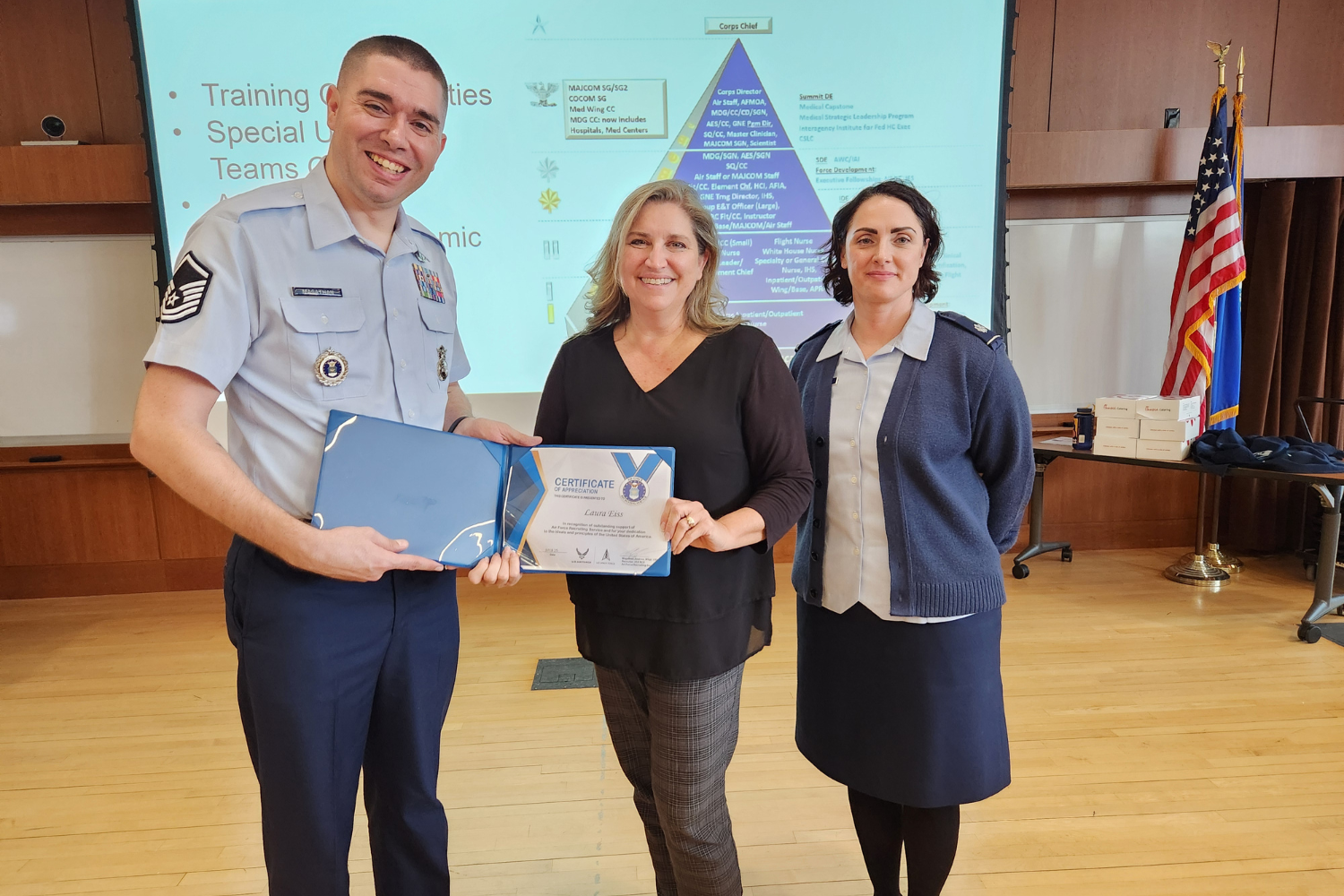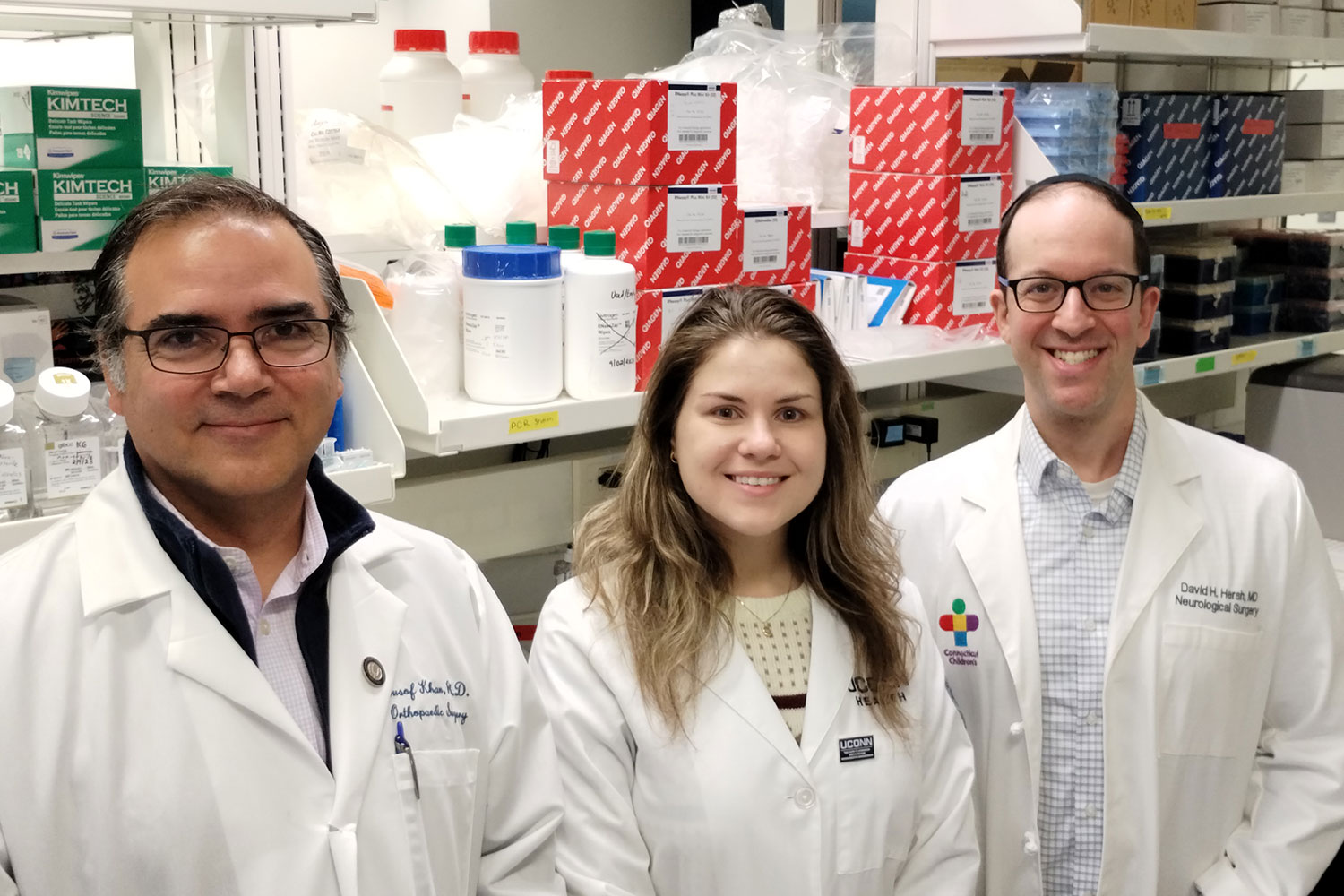 Andrew C. Lysaght (B.S. ’06, M.S. ’08), who completed his accelerated master’s degree in Mechanical Engineering in May, will soon begin his Ph.D. studies at the highly regarded Speech and Hearing Bioscience and Technology program at the Harvard-MIT Division of Health Sciences and Technology. Fewer than 10 students worldwide are accepted each year into this SHBT program.
Andrew C. Lysaght (B.S. ’06, M.S. ’08), who completed his accelerated master’s degree in Mechanical Engineering in May, will soon begin his Ph.D. studies at the highly regarded Speech and Hearing Bioscience and Technology program at the Harvard-MIT Division of Health Sciences and Technology. Fewer than 10 students worldwide are accepted each year into this SHBT program.
Andrew’s interest in the nervous system and mechanical engineering led him to the Speech and Hearing Bioscience and Technology (SHBT) program within the joint Health Sciences and Technology division of MIT Engineering and Harvard Medical School. SHBT is a unique program dedicated to understanding the entire chain of human communication as well as the diagnosis and treatment of related disorders. The SHBT program cultivates a multidisciplinary research environment devoted to translating laboratory discoveries of auditory phenomena into effective clinical treatments and technologies. The unit attracts faculty and students from a variety of educational backgrounds including clinicians, physical scientists, biologists and engineers.
The SHBT program is physically located at the Eye and Ear Infirmary within Massachusetts General Hospital and its co-sponsorship by MIT and Harvard provides the doctoral students unparalleled access to expertise and training in the scientific, engineering, and clinical environments crucial to successful biomedical research.
Andrew credits his experience at UConn for this opportunity. He began his studies at UConn in fall 2002 as an undergraduate in Mechanical Engineering and Biomedical Engineering. During his junior year, he began an undergraduate research project with associate professor Wilson K. S. Chiu, involving the investigation of carbon nanotubes for biomedical applications. That research experience evolved into a senior design project and an M.S. degree as part of the Mechanical Engineering Department’s accelerated master’s program, which invites the top students in their class to begin their M.S. thesis and graduate course requirements during the last year of their undergraduate studies. senior design project
“The opportunity to continue studying at UConn was perfect for me after my undergraduate degree. I had several interests across both mechanical and biomedical engineering, and I really needed exposure and experience to help me decide which path to pursue for a Ph.D. My graduate studies at UConn helped me in two significant ways. First, they allowed me to interact with experts from clinical, engineering and scientific environments, which really helped me isolate a research interest. Second, the experience I gained working in professor Chiu’s lab helped me develop both personally and professionally. This experience proved very beneficial during my pre-acceptance interview, and it definitely improved the strength of my application. My research experience was probably the most critical factor in my acceptance to Harvard-MIT.”
Andrew plans a career in academia after completion of his doctoral degree.


